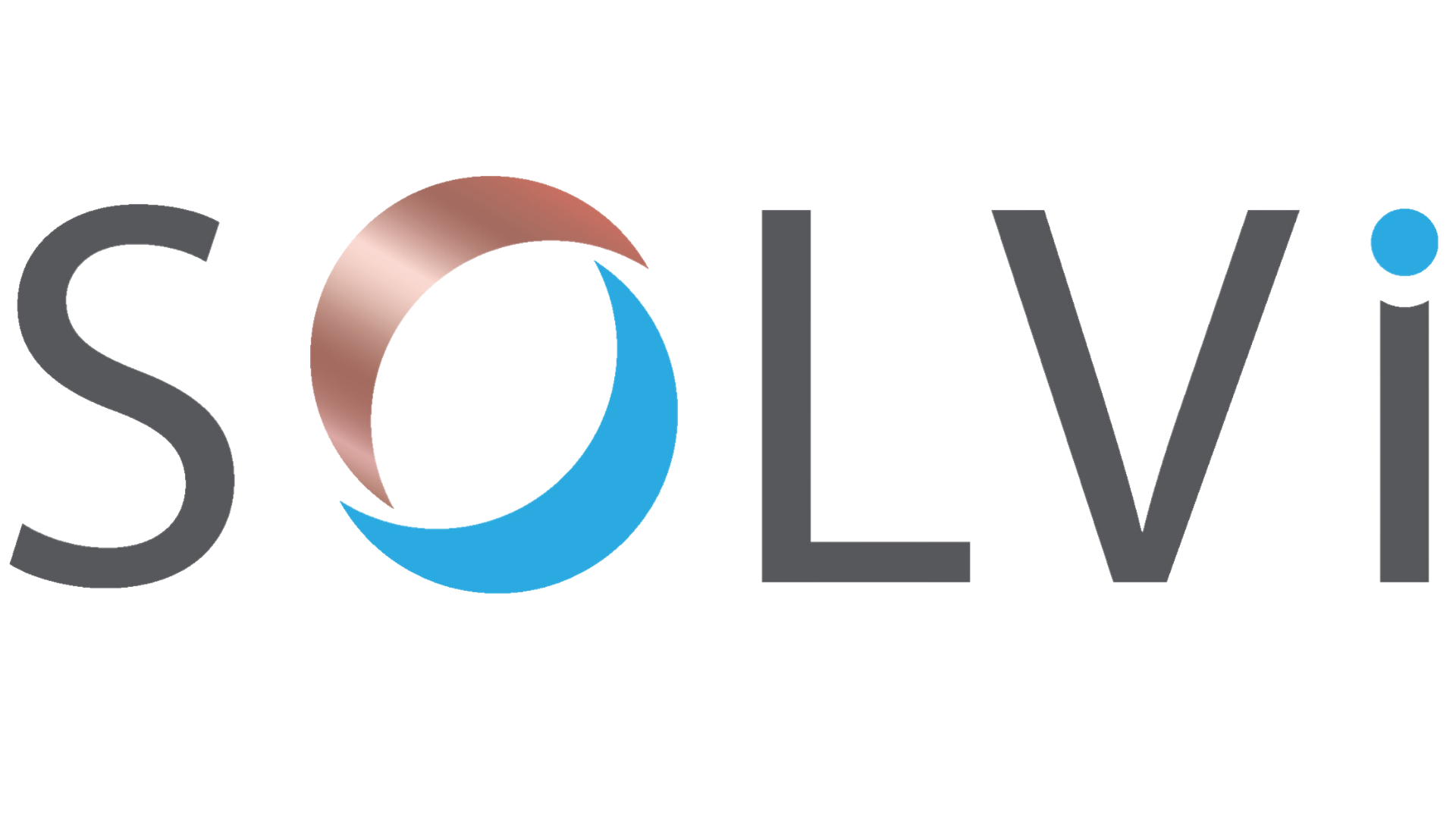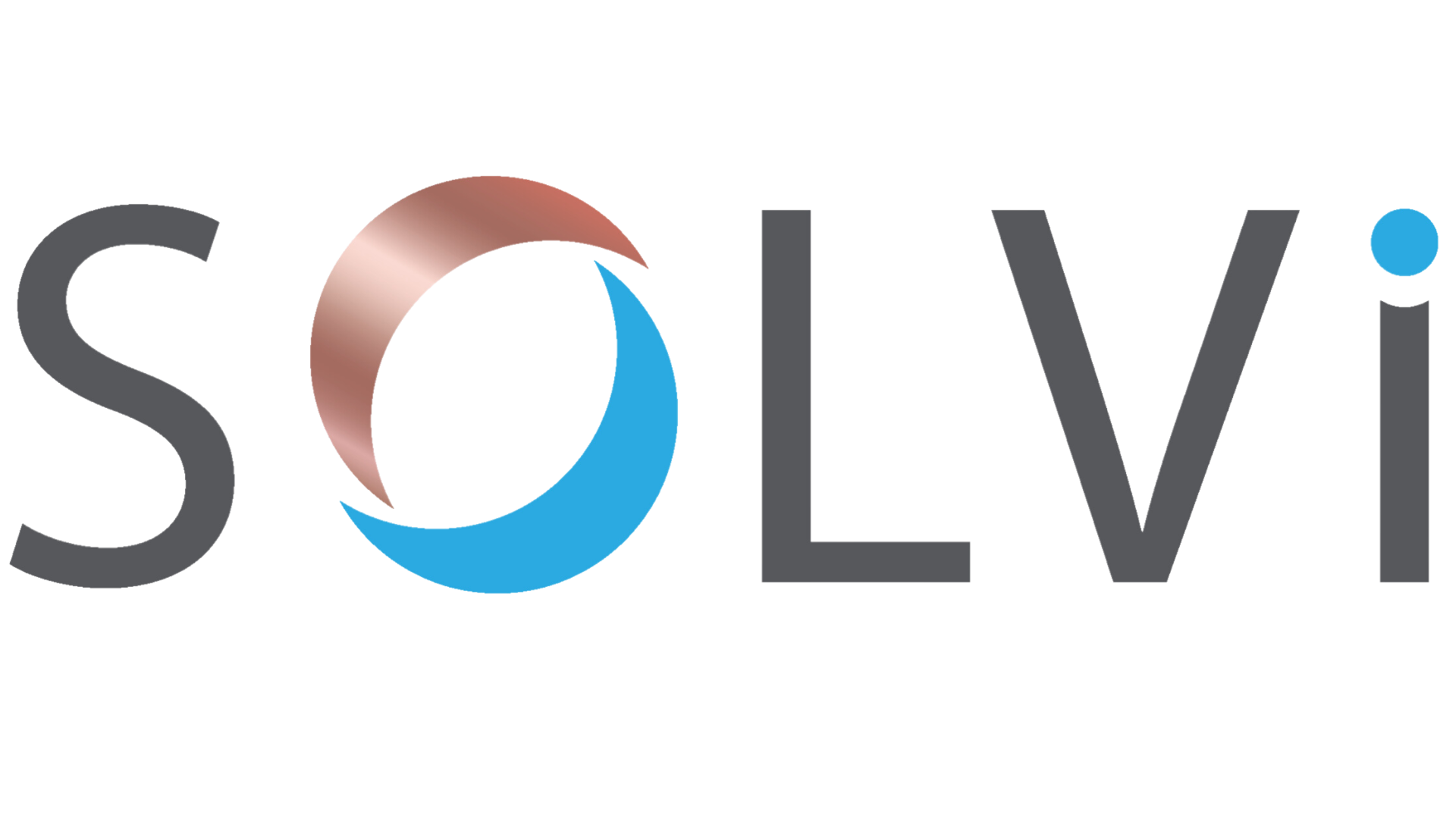Australia is a great place to live and work. Our passion is to help Registered Nurses living overseas to work and experience the great Aussie lifestyle. However, navigating the complexities of migrating to Australia can be daunting.
SOLVi Migration has been assisting nurses to gain registration and successfully migrate independently. Our dedicated team of legal experts specialises in guiding overseas registered nurses through the intricate visa and registration processes, ensuring a smooth transition to working in Australia.
We are committed to providing personalised support every step of the way, from initial eligibility assessments and visa applications to professional registration and employment advice. Trust us to help you achieve your dream of a rewarding nursing career in Australia.

VISA’S WE CAN HELP WITH

Employer Sponsored

Skilled Independent
MAKING AUSTRALIAN MIGRATION EASY

🚨 Don’t Fall for False Promises About Employer Sponsorship! 🚨
Don’t Fall for False Promises: The Truth About Employer Sponsorship, Permanent Residency
If you’re a nurse in the UK looking to migrate to Australia, you’ve probably heard plenty of success stories from friends and colleagues. Maybe they were sponsored by an employer on a Subclass 482 Skills in Demand visa and later obtained permanent residency. Now, you’re looking for a similar pathway—but are you getting the right advice?
Unfortunately, many recruitment agencies mislead nurses about employer sponsorship and how quickly they can obtain permanent residency (PR). If you’re over 40, the urgency is even greater since Australia’s skilled migration system has a hard cutoff at 45 for most independent PR visas.
Recently, we spoke with a 42-year-old nurse in the UK who had been promised PR in just six months by a recruiter. Sadly, what they were told was likely false. In this blog, we’ll break down:
🔹 What recruiters won’t tell you about employer sponsorship
🔹 The real timeline for getting PR from a 482 visa
🔹 Why false promises could derail your Australian dream
🔹 The best migration strategy if you’re over 40
The Recruiter’s False Promises: What’s Wrong With This Advice?
Let’s start with the claims this recruiter made to the nurse who contacted us:
❌ “We guarantee a 482 visa approval in only a few weeks.”
❌ “Your employment contract will guarantee permanent residency in 6 months.”
❌ “The employer will sponsor you for PR within six months of arrival.”
These are major red flags. Here’s why:
📌 Visa processing times are NOT guaranteed. The Department of Home Affairs (not recruiters or employers) controls processing times. Nurses must first get skills assessed, provide police and health checks, and meet sponsorship requirements before their visa application can even be submitted. This takes time.
📌 The 482 visa does NOT lead to PR in six months. You must work for at least two years on the 482 visa before becoming eligible for a 186 Employer Nomination Scheme (ENS) visa through the Transitional Stream.
📌 Employers are NOT legally required to sponsor you for PR. Even if a contract mentions future PR sponsorship, employment law and migration law are separate in Australia. If the employer changes their mind, goes bankrupt, or finds your performance unsatisfactory, they are under no legal obligation to follow through.
📌 Migration costs are high for employers. Sponsoring a nurse on a 482 visa costs thousands of dollars, including the Skilling Australians Fund (SAF) Levy. Employers won’t spend more money sponsoring PR after only six months—especially after already paying up to $5,000 AUD in government fees, plus other recruitment and legal fees for the 482 visa.
🚨 Bottom line: If a recruiter makes promises about PR in writing, it does not guarantee anything—and they cannot force the Australian Government to approve a visa.
The REAL Timeline for Getting Permanent Residency From a 482 Visa
If you’re coming to Australia on a Subclass 482 visa, here’s what the pathway to PR actually looks like:
🔹 Step 1: Get Sponsored for a 482 Visa (Processing time: Varies)
✅ Employer must complete labour market testing (proving no local worker can fill the role).
✅ The employer nomination application must be approved before your 482 visa can even be lodged.
✅ You must pass health and police checks before your visa is granted.
🔹 Step 2: Work in Australia for a Minimum of Two Years
✅ To qualify for PR through the 482 to 186 Employer Nomination Scheme (ENS) visa, you must work for at least two years with the same employer.
✅ The employer must still be financially stable and willing to sponsor you for PR at that time.
🔹 Step 3: Apply for the 186 Permanent Residency Visa
✅ Your employer must nominate you for PR (which is not guaranteed).
✅ You must meet all visa requirements, including age limits, English language proficiency, and a valid skills assessment.
💡 Important note: Some nurses may qualify for a Direct Entry 186 visa, but it’s rare for employers to commit to this immediately. Most prefer the transitional pathway after the 2-4 year work period.
Why Bad Advice Could Ruin Your Migration Plans
Many nurses believe that because their friends got employer sponsorship, they can do the same. But here’s why assuming your case is the same is risky:
❌ Age Matters – If you’re over 45, you may no longer be eligible for PR. If you’re 42 or 43, you must act fast because processing delays could push you past the age limit.
❌ The Employer May Not Follow Through – Even if your employer agrees to sponsor you for PR, circumstances can change. If they change their mind, the sponsorship fees, go bankrupt, or change hiring policies, you’re left with no pathway to PR.
❌ Recruiters Are Not Qualified to Give Migration Advice – Most recruiters have no legal expertise in migration law. Remember they may have vacancies, but you need to meet strict eligibility requirements.
❌ The Costs for Employers Are High – Employers pay thousands in government fees to sponsor workers. Expecting them to pay twice (for the 482 and then the 186 visa) within six months is completely unrealistic.
What Should Nurses Over 40 Do Instead?
If you’re over 40 and serious about migrating to Australia, you must be strategic. Here’s what you should do:
✅ Get expert advice – Every nurse’s case is different. Don’t assume that your friend’s pathway applies to you. Book a consultation with a migration expert who understands nursing visas.
✅ Consider the Skilled Migration Pathway – If you qualify, Subclass 491 and 190 visas may be better options than employer sponsorship. These visas do not require an employer to control your future.
✅ Choose an Honest Employer – A good employer will NOT lie about PR. If a recruiter makes unrealistic promises, walk away.
✅ Move Quickly – If you’re 42 or 43, every month matters. You need to start the process now, not wait.
✅ Understand Your Contract – An employer promising PR in a contract does not mean they are legally required to sponsor you. Migration law is separate from employment law, and only an Australian lawyer can give you legal advice on migration and employment law.
Final Thoughts: Get the Right Advice, Avoid False Promises
Migrating to Australia is a life-changing opportunity, but don’t let false promises lead you down the wrong path.
🚨 The truth:
✅ Permanent residency takes time—you can’t jump from a 482 visa to PR in 6 months.
✅ Employers are NOT legally required to sponsor you for PR—contracts don’t override migration law.
✅ Recruiters often exaggerate to get you signed up—get proper advice before making decisions.
Next Steps
✅ Book a paid legal consultation with SOLVi Migration today.
We’ll assess your situation and give you a clear legal strategy to migrate independently to Australia.

✅ Need help with AHPRA registration? Join our Nurse Registration Course.
Get cost-effective, expert guidance and access to a supportive community so you can secure your AHPRA registration and move forward with your migration plans.
🚀 Avoid the scams, get real advice, and secure your Australian future the right way.
FAQS
What qualifications do I need as a nurse to migrate to Australia?
Generally, you will need a nursing qualification that is recognised in Australia, such as a bachelor’s degree in nursing or an equivalent qualification. You will also need to meet registration requirements with the Australian Health Practitioner Regulation Agency (AHPRA).
What is the process for registering as a nurse in Australia?
To practice as a nurse in Australia, you must be registered with AHPRA. The process involves submitting an application, providing proof of your qualifications and professional experience, and meeting English language requirements. Our team can assist you with this process - Read More.
Will I need a skills assessment?
Yes, most visa applications for nurses require a skills assessment conducted by the Australian Nursing and Midwifery Accreditation Council (ANMAC). This assessment ensures your qualifications and experience meet Australian standards. We can assist you with preparing and submitting your skills assessment application. Read more ...
What are the English requirements?
Depending on the pathway you gain registration and what visa pathway you take, the English requirements can vary from Competent to Proficient levels of English. Read More ...
What if me or my family has a health condition?
If you or a family member has a health condition, it is important to have the possible impact on your migration assessed by a professional before you submit any visa application. The Department of Home Affairs will require health assessments to ensure the condition does not pose a significant cost or burden to the Australian healthcare system. We can help you understand the implications and prepare the necessary documentation. Read more ...
What if me or my family have a character issue?
Character issues, such as past criminal records, must be disclosed in your visa application. The Department of Home Affairs assesses character issues on a case-by-case basis. We can provide advice on how to address these issues and the potential impact on your application.
Are visa fees refundable?
Visa fees are generally non-refundable, even if your application is refused or withdrawn. It is crucial to ensure your application is complete and meets all requirements to avoid losing your fee. Our team can help you prepare a strong application to minimise the risk of refusal.
What if I've been refused a visa in the past?
If you have been refused a visa in the past, it is essential to understand the reasons for the refusal and address them in any new application. We can review your previous refusal and advise on the best course of action to improve your chances of success.
Can I bring my family with me?
Yes, many visa types allow you to include eligible family members, such as your spouse or partner and dependent children, in your application. We can advise on the requirements and process for including your family in your migration plans.
Can't you find my a sponsor to pay for everything?
While some employers may offer sponsorship, which can cover visa and relocation costs, it is important to understand the conditions tied to employer-sponsored visas. Also worth noting, a sponsor is not legally required to pay your application fees. These conditions can include staying with the employer for a certain period. We can help you explore your options and find the best pathway for your situation. Read more ...
How long will the process take?
The processing time for visa applications can vary depending on the type of visa and individual circumstances. Generally, it can take from a few months to over a year. Our team will provide an estimated timeline based on your specific situation and keep you updated throughout the process.
What are the costs of migrating?
Costs can include visa application fees, skills assessment fees, and potentially relocation expenses. The exact costs will depend on the visa pathway you choose and any additional services you require. We will provide you with a transparent breakdown of costs during your consultation. Read more...
DOWNLOAD OUR FREE GUIDE ON EVERYTHING YOU NEED TO KNOW TO WORK IN AUSTRALIA
Contact Us
All RIGHTS RESERVED LIABILITY LIMITED BY A SCHEME APPROVED UNDER PROFESSIONAL STANDARDS LEGISLATION. LEGAL PRACTITIONERS EMPLOYED BY SOLVI PTY LTD (ABN 16 658 861 182) ARE MEMBERS OF THE SCHEME.
The information published on this webpage should not be taken as legal advice rather it should be considered for information purposes only.
COPYRIGHT © 2024 SOLVI PTY LTD
Contact Us
All RIGHTS RESERVED LIABILITY LIMITED BY A SCHEME APPROVED UNDER PROFESSIONAL STANDARDS LEGISLATION. LEGAL PRACTITIONERS EMPLOYED BY SOLVI PTY LTD (ABN 16 658 861 182) ARE MEMBERS OF THE SCHEME.
The information published on this webpage should not be taken as legal advice rather it should be considered for information purposes only.
COPYRIGHT © 2024 SOLVI PTY LTD








